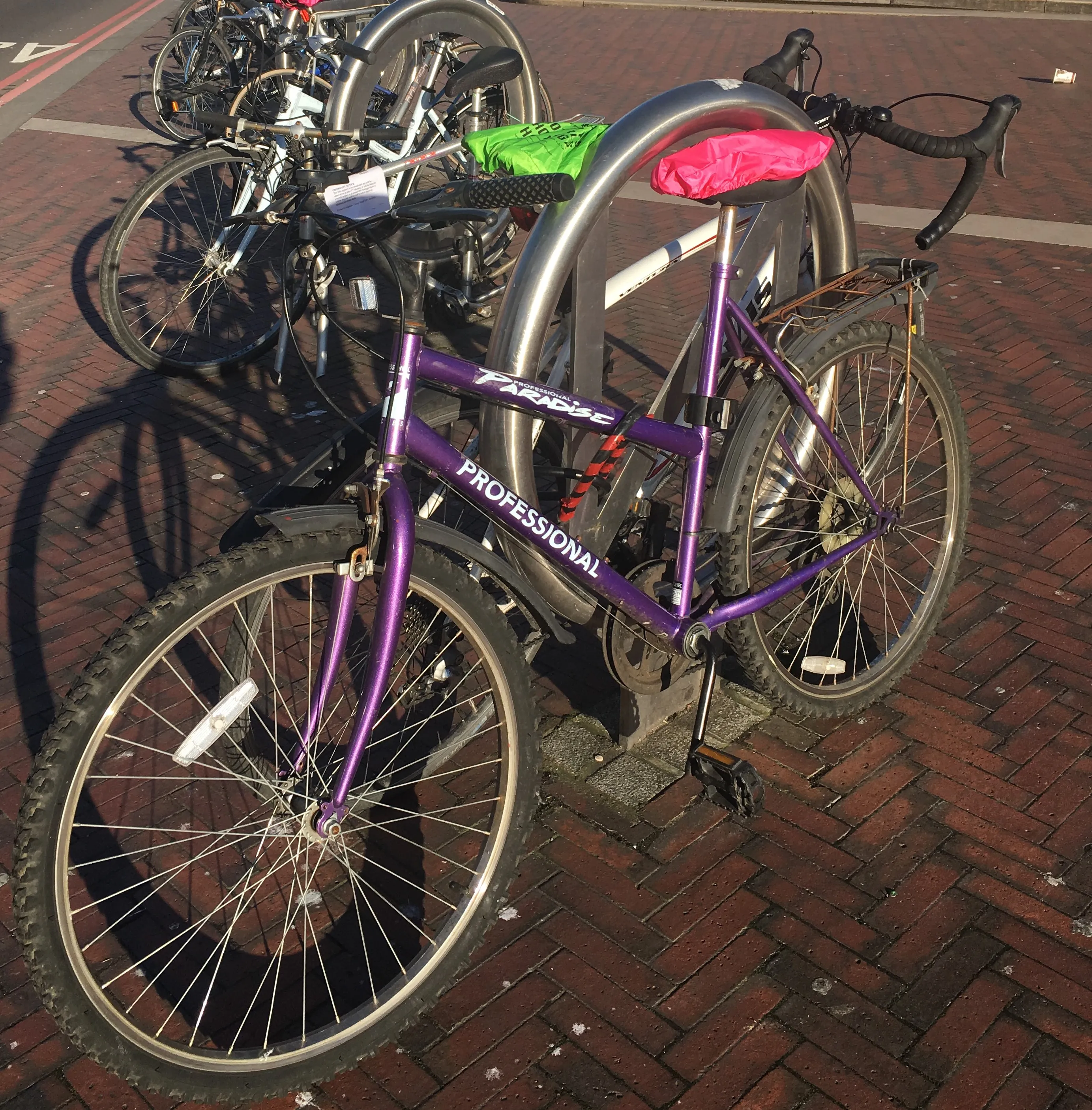Nigeria’s Federal Road Safety Corps (FRSC) is warning road users to avoid driving at night in response to a series of major crashes causing multiple fatalities. The country’s roads are said to be dangerous to use at night according to the FRSC, due to a combination of inadequate markings and poor condition.
December 14, 2015
Read time: 1 min
Nigeria’s Federal Road Safety Corps (FRSC) is warning road users to avoid driving at night in response to a series of major crashes causing multiple fatalities. The country’s roads are said to be dangerous to use at night according to the FRSC, due to a combination of inadequate markings and poor condition.
Corps Public Education Officer, Corps Commander Imoh Etuk emphasised on the change of light intensity and blur effect of night driving on the vision of drivers which increases the probability of road crashes at night. Under this circumstances; according to him, when light levels are reduced, the pupil of the eyes open up in size to admit more light thus making what the driver sees to become blurred.
Etuk also said that other factors include inadequate rescue services, fatigue, inadequate road signs/markings and poor vehicle maintenance culture.
Corps Public Education Officer, Corps Commander Imoh Etuk emphasised on the change of light intensity and blur effect of night driving on the vision of drivers which increases the probability of road crashes at night. Under this circumstances; according to him, when light levels are reduced, the pupil of the eyes open up in size to admit more light thus making what the driver sees to become blurred.
Etuk also said that other factors include inadequate rescue services, fatigue, inadequate road signs/markings and poor vehicle maintenance culture.






